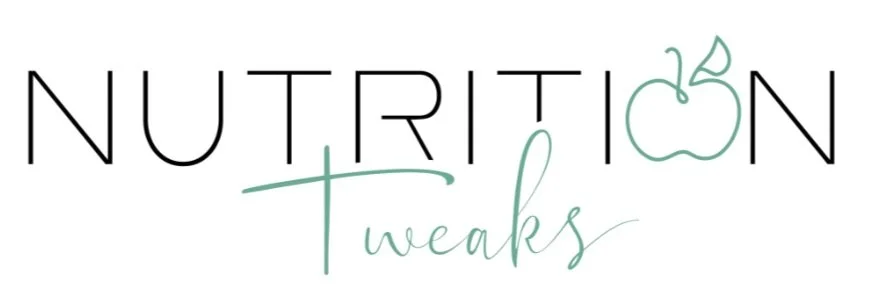Do You Really Need Electrolyte Drinks? Here’s the Truth
We’re in the middle of our fourth heatwave of the year, and if my Instagram feed is anything to go by, half the country is sipping neon-coloured electrolyte drinks like they’re liquid gold. As recently featured in Cosmopolitan, I get asked a lot about electrolyte drinks and whether they’re really necessary. The marketing promises better hydration, more energy, and faster recovery — but are they actually worth it? For most people, the answer is not really.
Electrolytes are minerals — sodium, potassium, magnesium, calcium, and chloride — that help your muscles move, your nerves fire, and your body maintain fluid balance. The good news is that most of us already get plenty from everyday food, so unless you’re losing a lot of fluid through intense activity or illness, your body is usually well stocked. Bananas, leafy greens, sweet potatoes, nuts, seeds, whole grains, dairy, and fortified plant milks naturally replenish electrolytes without the need for a fancy drink.
There are, of course, situations where electrolyte drinks can be genuinely useful. They are most beneficial when you’re:
Exercising for more than an hour, especially in hot conditions
Sweating heavily during outdoor activity or sports
Recovering from illness that causes fluid loss, such as vomiting or diarrhoea
For the average person going about daily life, plain water is more than sufficient. Gentle exercise, a balanced diet, and regular hydration usually cover all your needs. I often hear from clients who panic at the thought of “not doing enough” during heatwaves, but honestly, sipping water consistently throughout the day is far more effective than reaching for expensive electrolyte drinks every few hours.
The problem comes when people assume that more is always better. Overdoing electrolytes can leave you feeling bloated, light-headed, or even affect your blood pressure. Too much potassium or magnesium can cause muscle weakness or tingling — definitely not the boost you were hoping for. And here’s something few people realise: most of the electrolyte drinks on the market don’t even contain the right balance of sugar and minerals to be truly effective. If you genuinely need an electrolyte supplement — for example, during illness or extreme exertion — it’s better to go to a pharmacy and get a properly formulated product that does the job your body actually needs.
There’s also a lot of misinformation out there. Clear urine doesn’t automatically mean you’re perfectly hydrated; pale yellow is usually the sweet spot. Despite what marketing suggests, electrolyte drinks are not inherently superior to water, and sugar-free versions are not automatically better — a little sugar can actually help your body absorb fluids more effectively.
A simple trick I recommend is to check in with your body rather than your bottle. Are you thirsty? Feeling dizzy after a long walk in the sun? Noticing unusual fatigue? These are your body’s signals that you might need more fluids or electrolytes. For most people, these moments are rare — and water or a balanced snack is usually all that’s needed.
So, what’s the practical takeaway? Focus on regular hydration throughout the day, aiming for around 1.5–2 litres of fluids, or more if it’s hot or you’re active. Include plenty of fruits, vegetables, nuts, and seeds, which naturally replenish electrolytes. Save specialised drinks for when you’re genuinely pushing your limits or recovering from illness. In most other cases, real food and water do the job perfectly.
Electrolytes aren’t bad, but they don’t deserve the “must-have” status the adverts give them. If you use them, think of them as a tool rather than a daily requirement. If you’d like personalised advice on eating and drinking for better energy, hydration, and overall health — without falling for every wellness trend — you can book a free discovery call here. Together, we’ll talk through your health goals, look at what might be holding you back, and explore practical steps that could help you feel your best
